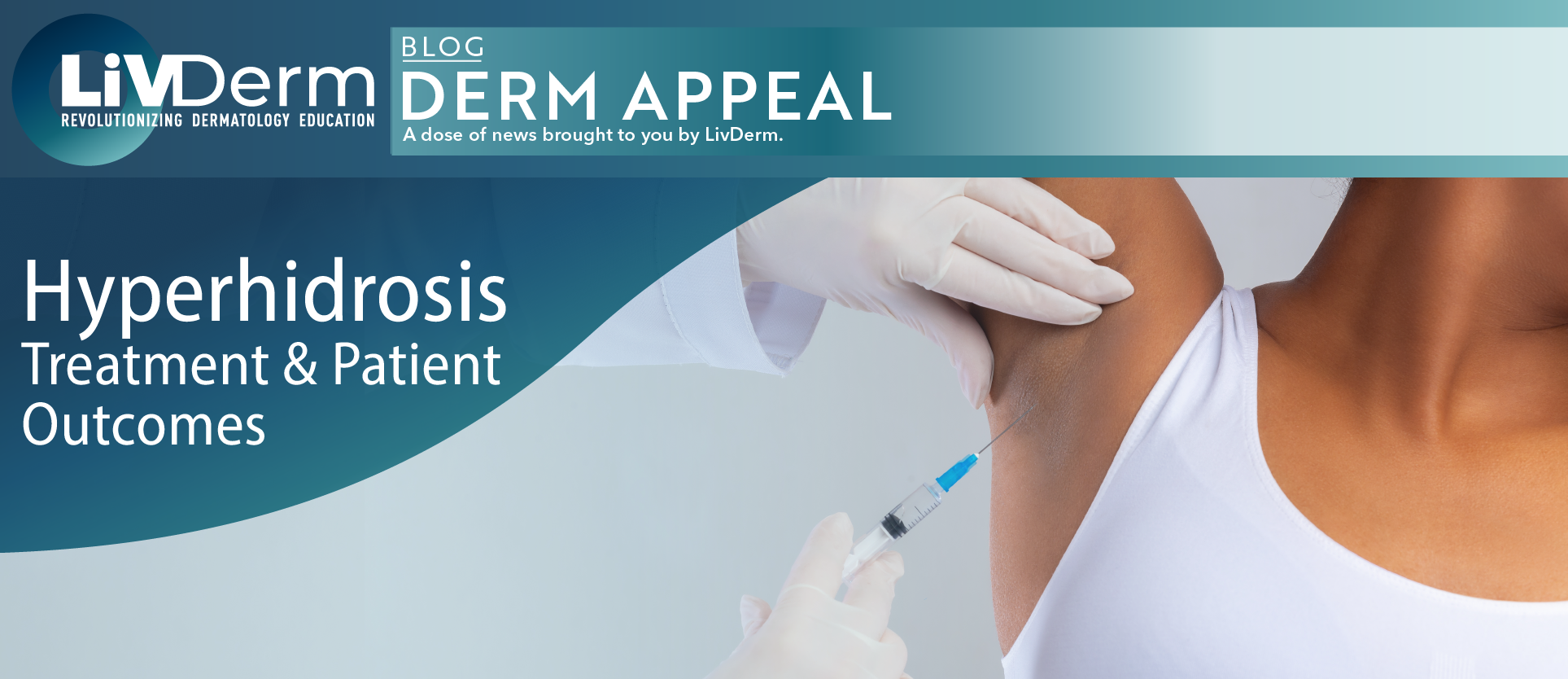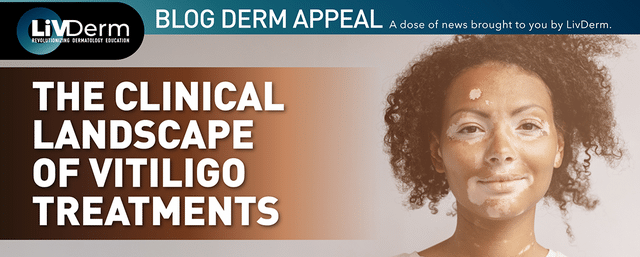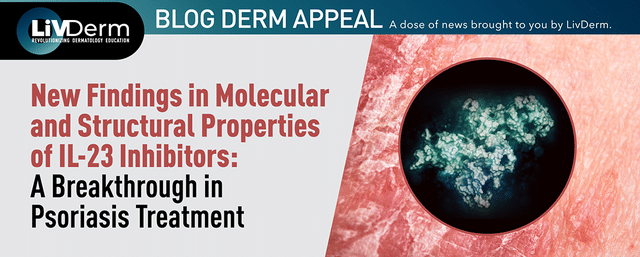Characterized by extreme, uncontrollable, and unpredictable sweating, hyperhidrosis greatly impacts patients’ quality of life and has many negative implications beyond physical concerns. It can greatly increase the risk of skin infections by up to 300% although, only 1 in 4 individuals are diagnosed and even fewer receive the care they need. At this time, there is no cure for hyperhidrosis; several treatment options exist including antiperspirants, iontophoresis, and Botox injections depending on the affected location. However, these methods range in efficacy based on individual patient factors as well as the physical location of the condition.
AbobotulinumtoxinA Treatment and Outcomes
New research published in the Journal of the American Academy of Dermatology, implicates the potential for positive outcomes in hyperhidrosis patients and those diagnosed with other sweating-related disorders. As part of their study, researchers aimed to investigate the treatment approaches and outcomes of abobotulinumtoxinA (aboBoNT-A) based on a systematic review of Embase, MEDLINE and Cochrane Library literature.
Overall, 23 studies were identified as relevant out of a total of 191 articles; this included 3 observational studies, 10 non-randomized controlled trials, and 10 randomized controlled trials. Various types of hyperhidrosis were covered including axillary, palmar, forehead, and back hyperhidrosis.
All of the studies reported that Abobotulinum Toxin A treatment successfully reduced sweating with no associated serious adverse events, demonstrating positive outcomes for multiple types of hyperhidrosis. In total, 13 studies reported treatment approaches for axillary hyperhidrosis, revealing that aboBoNT-A reduced sweating for between 3 to 10 months with mild to moderate adverse effects.
However, an important limitation of the study to keep in mind was the noted variability of injection technique across studies, which does not allow for the generalizability of its results.
Clinical Implications
The latest findings reveal great potential for the use of aboBoNT-A injections for the treatment of various forms of hyperhidrosis, leading to not only decreased physical symptoms but also significant benefits on patient mental health and quality of life.
“Patient satisfaction was high and improvements to quality of life were observed following aboBoNT-A treatment for axillary and palmar hyperhidrosis,” the investigators commented in Dermatology Advisor. “Further research using comparable outcome measures will allow for comparison across studies and aid in understanding how treatment approaches and patient outcomes can be optimized.”
As a largely under-recognized and under-treated condition, hyperhidrosis requires greater clinical attention as its symptoms can significantly lower quality of life and increase the risk for mental illnesses, such as anxiety and depression. Novel treatment methods continue to emerge, such as sofpironium bromide gel currently approved for market in Japan. However, further research efforts are needed in this sector to deepen disease understanding and guarantee the development of more effective therapeutics.
















